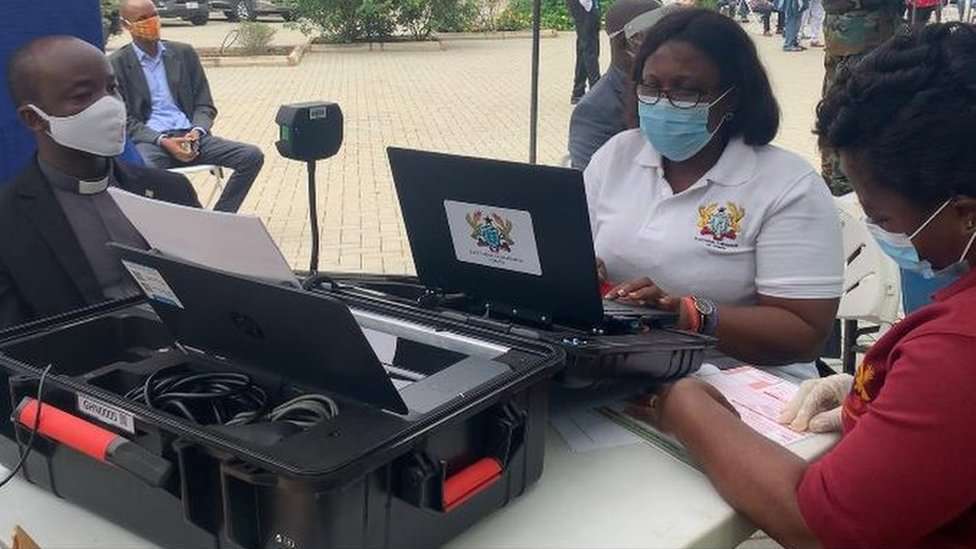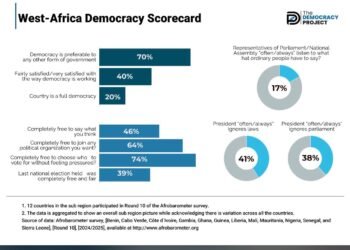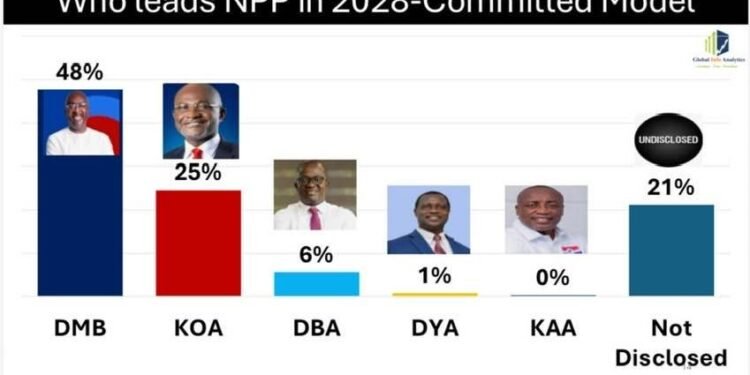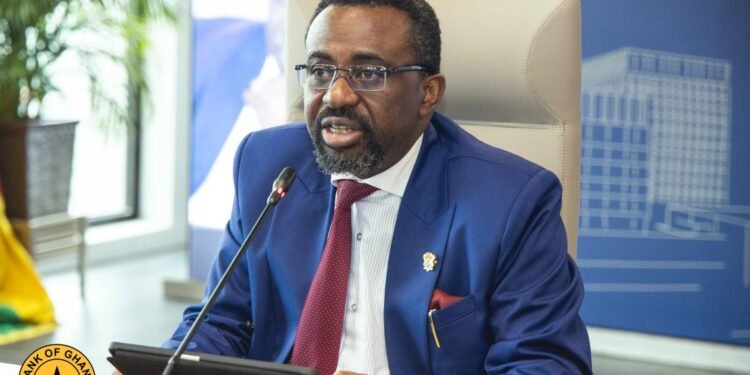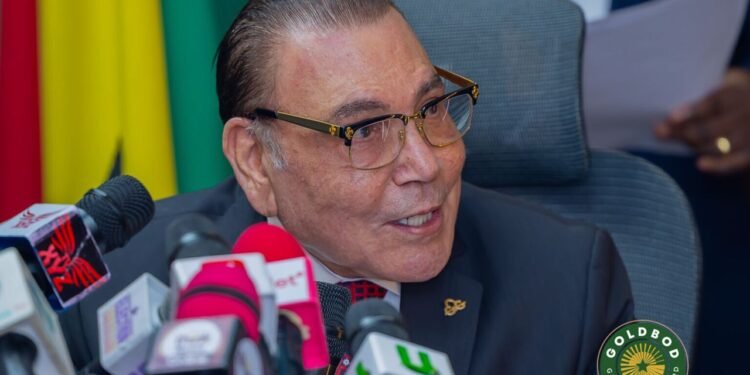In the heart of Ghana’s democratic landscape, a pressing concern has taken center stage: the widespread mistrust of the Electoral Commission (EC) by political parties and various stakeholders.
This complex and multifaceted issue has far-reaching implications for the country’s electoral integrity, political stability, and democratic governance as the EC plays a pivotal role in shaping the nation’s political trajectory.
Furthermore, mistrust in the Electoral Commission (EC) is fueled by perceptions of bias, with political parties, especially the opposition, believing that the EC unfairly favors a particular party or candidate.
This undermines democracy’s foundations, eroding trust in the EC’s impartiality and threatening election legitimacy.
Moreover, the EC’s decision-making processes and operations often lack transparency, perpetuating an air of secrecy that fuels suspicions, mistrust, and conspiracy theories.
As such, the absence of clear and timely communication about its procedures, policies, and actions creates an information vacuum, which can be exploited by political actors and other interested parties, further eroding confidence in the EC’s impartiality and integrity.
Additionally, past experiences of electoral fraud, rigging, or errors may have created a perception that the EC is incapable of conducting free and fair elections.
Furthermore, the Electoral Commission’s inconsistent application and enforcement of electoral laws and regulations can give rise to allegations of partiality, favoritism, and unfair treatment, undermining the integrity of the electoral process and eroding trust in the EC’s impartiality.
However, poor communication, lack of transparency, and inadequate engagement can foster mistrust, and suspicion, and undermine confidence in the EC’s ability to conduct free, fair, and credible elections.
Also, any actual or perceived political interference in the Electoral Commission’s affairs can severely erode trust and confidence in its independence, impartiality, and ability to conduct elections without bias or manipulation.
More so, the EC’s failure to acknowledge and take responsibility for past errors, irregularities, or controversies can perpetuate a culture of mistrust, and undermine its credibility.
Moreover, Ghana’s complex political history, marked by past instances of electoral manipulation, violence, and contested outcomes, has created a legacy of mistrust and skepticism, leading to ongoing concerns about the integrity and fairness of the electoral process.
The National Democratic Congress (NDC), the main opposition party, has recently been engaged in a heated dispute with the EC, fueled by the party’s lingering mistrust and grievances stemming from the contentious 2020 Presidential election results and the subsequent court verdict, which has further exacerbated tensions and suspicions between the two entities.
The EC’s persistent mistakes and errors have only exacerbated the situation, providing the NDC with further ammunition to justify its longstanding mistrust and skepticism towards the EC, which the NDC contends is evidence of the EC’s incompetence and bias.
Accordingly, the claims to have identified discrepancies in the report published by the EC regarding the ongoing limited voter registration exercise, citing specific errors and inaccuracies further fuel the party’s skepticism about the EC’s credibility and competence.
As such, the NDC indicated the EC made significant errors in its reporting, stating that the total number of registrants on days two and three were 25,287 and 43,417, respectively, whereas the actual figures were 19,267 and 48,616, representing a discrepancy of 6,020 and 5,199, respectively.
“Yesterday, after exposing the Electoral Commission of Ghana for misrepresenting figures of registrants in the ongoing limited voter registration exercise, the EC DELETED their error-ridden figures on their website. In this era of Excel, we cannot trust that such elementary errors committed by the EC are mistakes particularly as the EC allowed components of BVR kits to be stolen under CCTV surveillance at their headquarters… Recall that in declaring the results of the 2020 presidential the EC engaged in such error-ridden arithmetic acrobatics which made Akufo-Addo President”.
Dr. Omane Boamah
The NDC further accused the EC of deliberately misinterpreting these figures to undermine the credibility of the voter register and to give its opponent, the NPP, an advantage.
Rebuilding The Lost Trust
This mistrust of the EC by various stakeholders has its roots in various factors, including perceived bias, lack of transparency, electoral irregularities, political interference, limited stakeholder engagement, inconsistent application of rules, technical issues, lack of accountability, historical grievances, and political polarization.
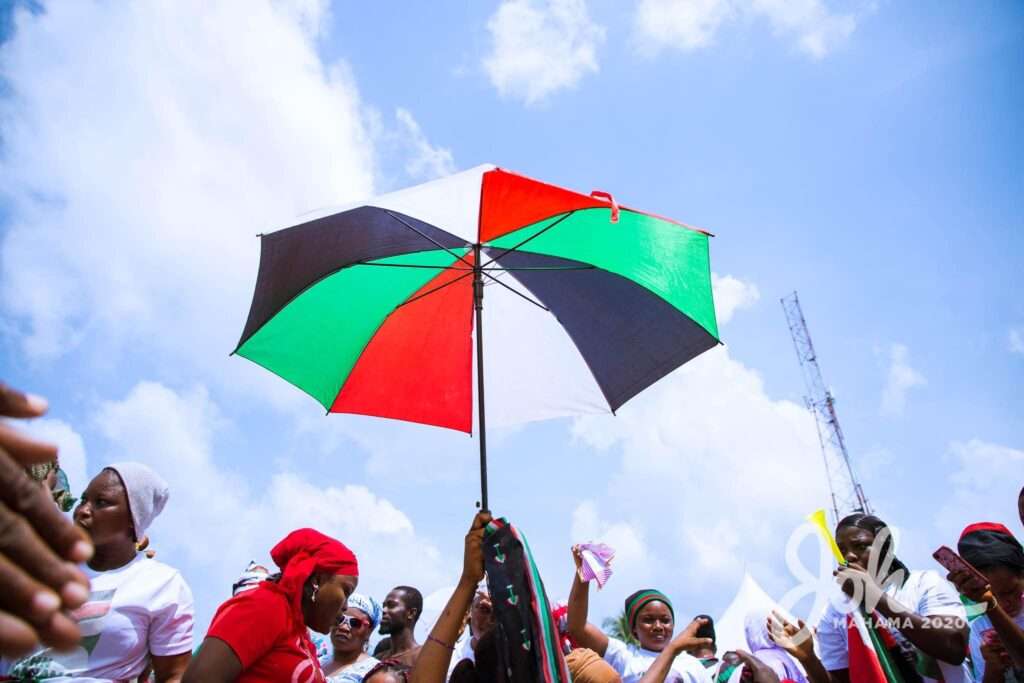
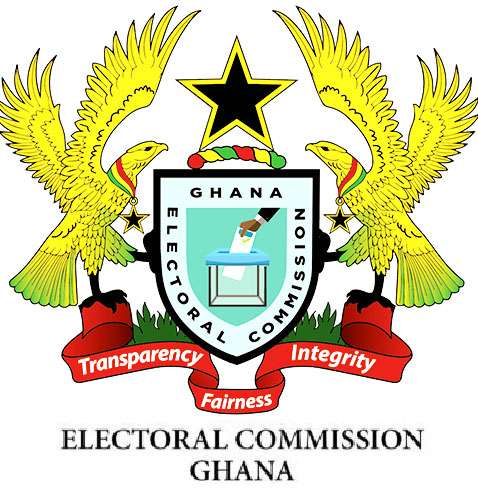
The Electoral Commission (EC) can regain the trust of political parties and other stakeholders by proactively addressing their concerns and implementing trust-building measures.
As such, the EC must prioritize transparency in its decision-making processes and operations through regular briefings, public information campaigns, and open communication channels with stakeholders.
Furthermore, the EC must ensure the independence and impartiality of its commissioners and staff, free from political influence or bias.
Moreover, the EC must address electoral irregularities and technical issues by investing in robust systems, conducting regular audits, and implementing measures to prevent fraud and errors.
The EC must also engage with political parties and civil society organizations in a meaningful and inclusive manner, ensuring that their concerns are heard and addressed.
As such, the EC must ensure accountability by investigating and sanctioning electoral offenses, and by implementing measures to prevent political interference.
Additionally, the EC must address historical grievances through truth-telling and reconciliation processes, and by implementing measures to prevent similar issues from arising in the future.
The EC must most importantly work to reduce political polarization by promoting dialogue and consensus-building among political parties, and by ensuring that the electoral process is inclusive and representative of all stakeholders.
By addressing these causes of mistrust, Ghana’s Electoral Commission can build trust with political parties and other stakeholders, ensuring the integrity and credibility of the electoral process, and strengthening Ghana’s democracy.
READ ALSO: Russia Pivots Towards Aligning Military Priorities With Its Economic Realities

